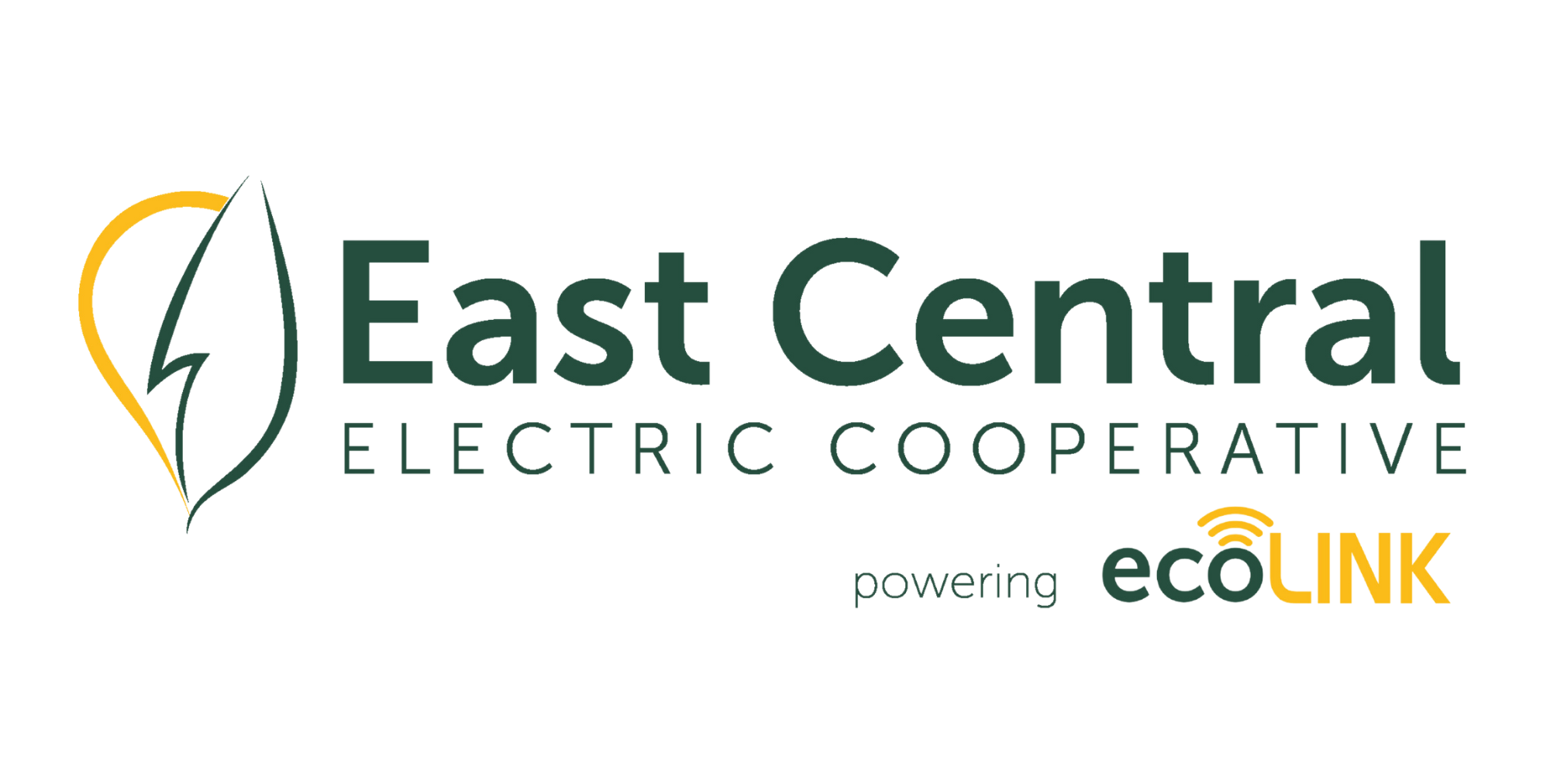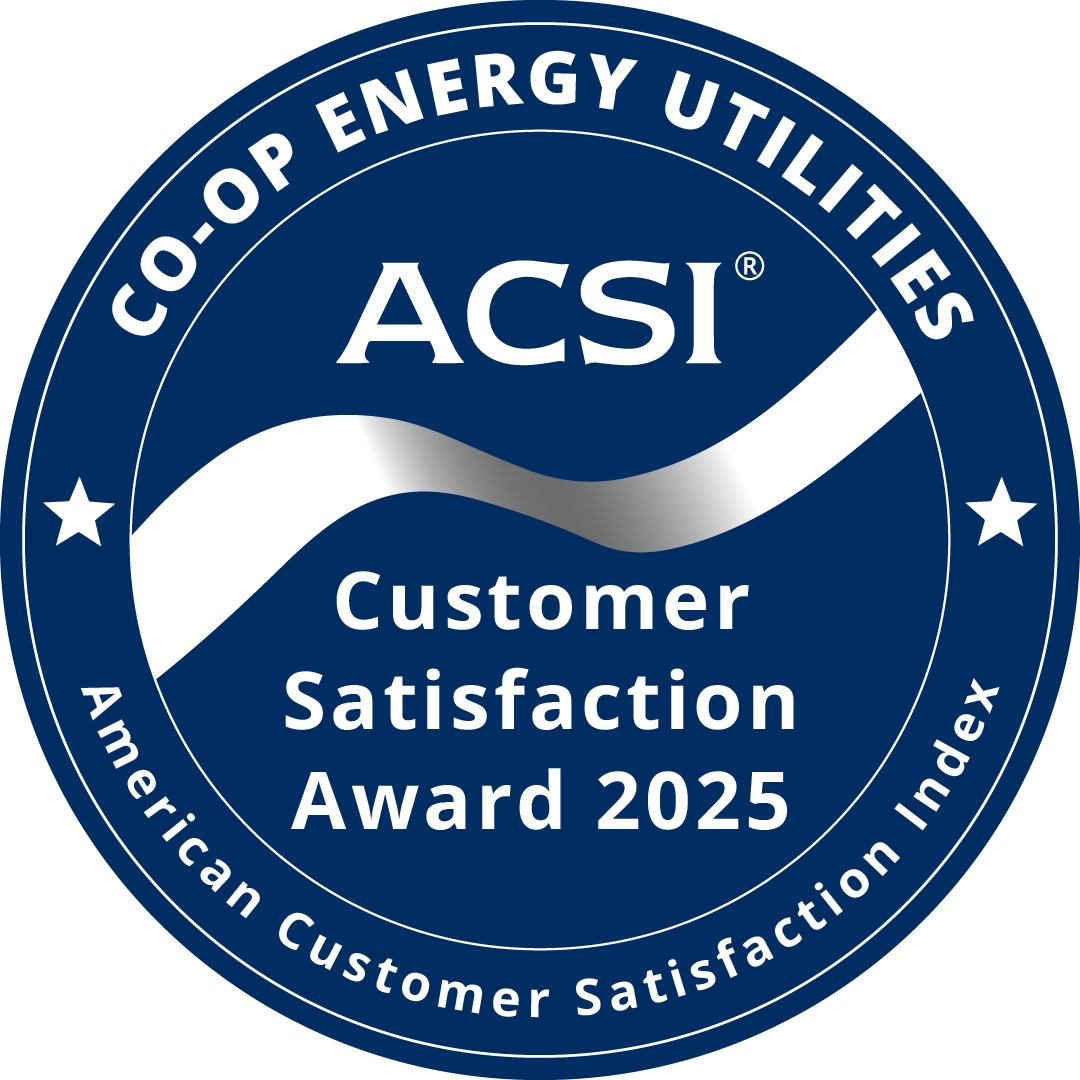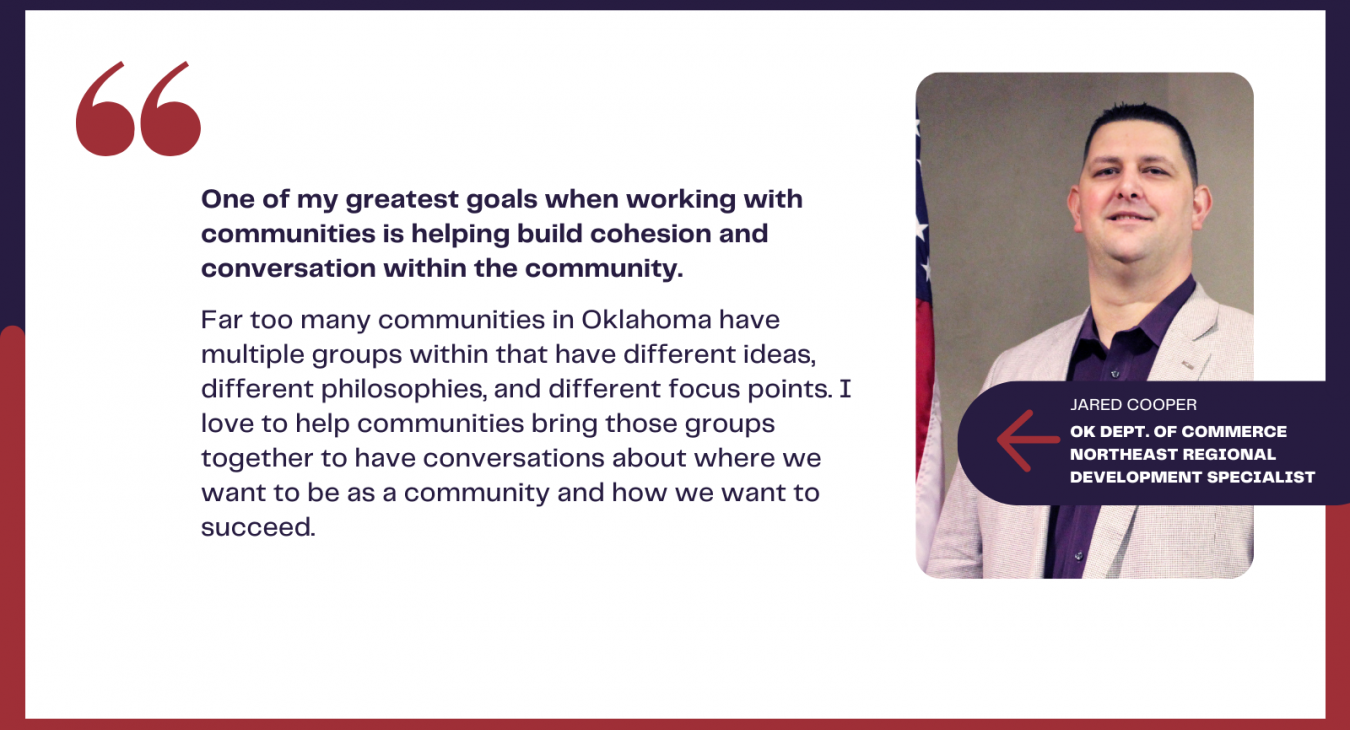Bristow, Oklahoma, carved out their niche in the aerospace industry.
Haskell mirrored the vibrancy of their downtown in their growing industrial park.
Okemah capitalized on state resources to market available land to quality job creators.
What do Bristow, Haskell, and Okemah have in common?
- They use available resources.
- They build communities that communicate.
- They have a Cooperative spirit.
Using Available Resources
Since 2019, Jared Cooper has served as the Northeast Regional Development Specialist under the Regional Development Team of the Oklahoma Department of Commerce. He operates as a resource broker and community liaison, serving areas within and beyond the East Central Electric Cooperative service territory.
Cooper has lived most of his adult life in towns with less than 300 people. However, professionally, he has had experience shaping the growth of communities like Bentonville and Shawnee.
“So much of what economic development is, and what the Department of Commerce does, is preparing communities for when growth happens,” Cooper said.
Within the Department of Commerce there are multiple divisions handling several programs of which Oklahoma towns and cities can take advantage.
The Community Development Block Grant distributes federal dollars to communities through their councils of government to tackle homelessness, make infrastructure improvements, and respond to community-wide emergencies.
The Main Street Program helps build coalitions within a community and provide resources to restore many of the beautiful downtowns that sprung up during the first Oklahoma oil boom.
The Center of Workforce Excellence Program brings education providers together with local business owners and industry leaders to ensure colleges and career techs can prepare students for the jobs that will be out there when they graduate. This program also focuses on transitional training, to help workers looking to transition their existing skills into one of the state’s growth industries.
The Site Ready Certification Program will verify that a community has move-in ready locations to attract businesses and encourage companies from other states and countries to relocate or set up a satellite location. The program is utilized by Commerce’s recruitment team to help companies interested in Oklahoma find a location in the state.
The Quality Jobs Program offers an incentive to various companies in Oklahoma, including manufacturers and distribution companies, who create new jobs with wages equal to or higher than the average wage for their county.
And for communities that are just looking for a little support and guidance as they begin to navigate the economic development waters, the Regional Development Team exists to offer a hand.
Building Communities that Communicate
The tallest hurdle and the greatest opportunity for the development of a community is the ability for divergent interests and people to come together.
“One of my greatest goals when working with communities is helping build cohesion and conversation within the community,” Cooper said. “Far too many communities in Oklahoma have multiple groups within that have different ideas, different philosophies, and different focus points. I love to help communities bring those groups together to have conversations about where we want to be as a community and how we want to succeed.”
Cooper emphasized an urgent need for communities to turn strangers into allies, working together to meet a massive and growing need.
“Even if every able-bodied person in the state of Oklahoma that could go to work did go to work, we would still need close to 130,000 people,” Cooper said. “We obviously have to start recruiting people from out-of-state, but that takes a toll on our roads, our utility services, our school systems, and emergency response systems. My job is to help get communities prepared for that kind of growth.”
“Where do you invest your money? A key need is infrastructure – sewer capacity, water capacity, school capacity, police and fire capacity. It’s all based on future dollars that aren’t here yet but can often be funded through programs like CDBG and ARPA,” Cooper said. “It’s one of the challenges of economic development, but Commerce is here to help communities find the right avenues and make the right investments.”
During the pandemic, in communities across Oklahoma, city managers met with county commissioners, school superintendents, chamber presidents, non-profit leaders, deans of higher education, utility service providers, and fire chiefs. Those communities made progress to best position their area to profit from future growth.
Cooperative Spirit
Pooling ideas and resources, working together for our neighbors, having concern for the community, sharing in the burdens and benefits of growth, those are the foundations on which East Central Electric Cooperative was built.
Those are the values the Cooperative holds today and strives to share with the communities we serve.
By sending out monthly communications, hosting quarterly meetings for community leaders with subject matter experts, and being involved in area chambers of commerce and workforce groups, East Central is committed to keeping community leaders connected to local and statewide contacts and available resources to help prepare for the future.
Member Service Representative Lylah Sparks said, “Where our members are living and working, that’s where we want to be involved. Our goal is to improve the quality of life for our members.”
For more information about the resources available to community leaders, please contact Sparks at lsparks@ecoec.com or Manager of Member and Public Relations Katherine Russell at krussell@ecoec.com. For more information about Department of Commerce Programs, please contact Cooper at jared.cooper@okcommerce.gov or visit www.okcommerce.gov.


